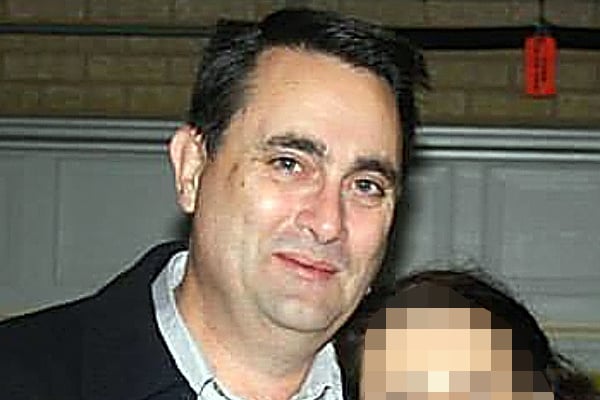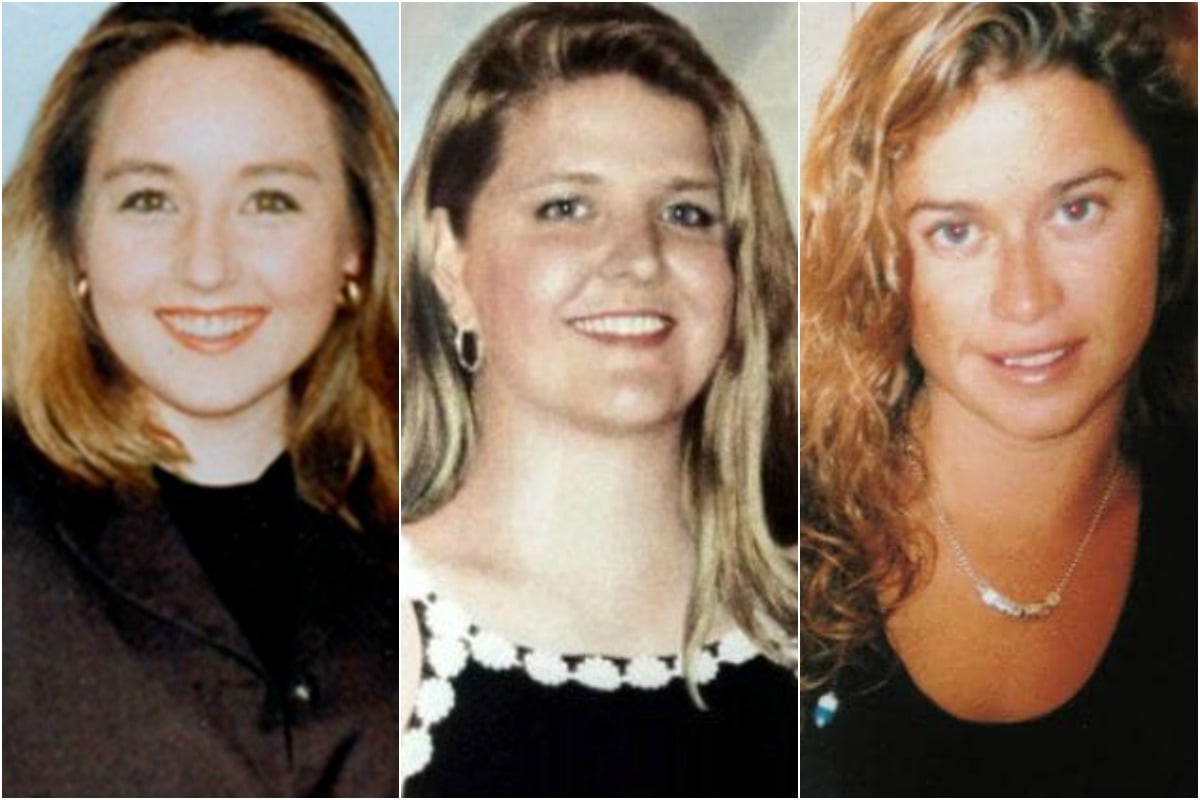
–With AAP.
1. Alleged Claremont killer’s ex-wife tells trial she ‘feared for her life’.
The first week of Western Australia’s so-called “trial of the century” is drawing to a close and plenty of revelations have already emerged.
Bradley Robert Edwards’ second wife gave explosive but truncated testimony on Thursday, saying she feared for her life towards the end of their marriage when she compiled a notebook of his bank transactions because she was sick of his lies.
At least one bank statement that the notes were based on was missing and covered the period when the third victim, 27-year-old lawyer Ciara Glennon, was murdered on March 15, 1997.
The notes also showed two withdrawals from a Bayview Terrace ATM, despite Edwards claiming to police he had no association with Claremont.

